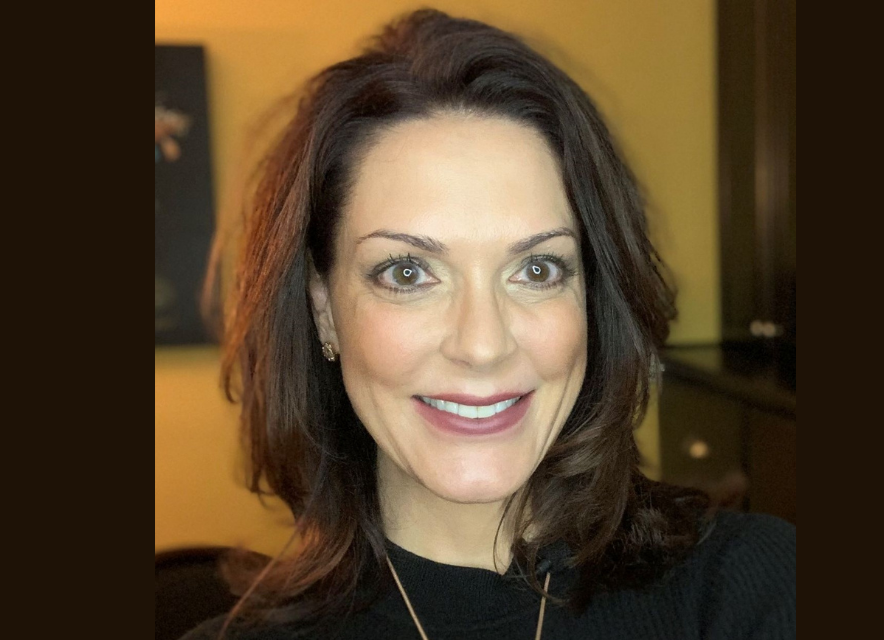Podcast: Play in new window | Download
Subscribe: RSS
David is the Founder and CEO of Play for Real and Focus.ceo. David is an expert on performance coaching and the ways in which human nature can get in the way of our success. He focuses on creating blueprints for avoiding distractions and setting actionable goals that we can implement in our businesses and personal lives.
Take away quote: “What is the one thing that I can do tomorrow that would make the biggest difference in my business?….So that when you wake up you know what to do. You don’t have to wonder.”
Show Timeline:
06:23 The ‘Shiny Object Syndrome’ and how to avoid it
11:58 Steps to avoid external and internal distractions
17:14 The importance of “practice” and picking ourselves up when we fail
23:59 The ‘Fear of Missing Out’: if you try everything you might get nothing
28:03 How to enhance your productivity and performance right away
33:40 Keeping yourself accountable by setting a “sacred date” with yourself
Links:
Website: https://focus.ceo
Twitter: https://twitter.com/_playforreal
LinkedIn: https://www.linkedin.com/in/toughconversations/
Want more?
Stephen Wershing: http://advisorchecklist.com/blog/
Julie Littlechild: http://www.absoluteengagement.com/blog
Episode Transcript:
Read More
Steve Wershing:
Welcome to Becoming Referable. The podcast that shows you how to become the advisor people can’t stop talking about. I’m Steve Wershing. David Wood is founder of Play for Real and coaches entrepreneurs on high performance, life and work. He left a consulting job to build a coaching firm and became number one on Google for life coaching, ultimately serving a community of 150,000 coaches. He’s also the author of Get Paid For Who You Are with a foreword by Jack Canfield of Chicken Soup for the Soul fame. In this episode, we talk about shiny object syndrome, and how distractions and multitasking are keeping you from achieving the success that you deserve.
While most entrepreneurs feel the urge to climb every mountain as they say in the sound of music, David emphasizes the importance of picking one mountain and then climbing it two or three times is fast. And he shares with us a couple of specific habits that you can use to get focused and find peace, and stay on track, and get more than you thought you could accomplish. There’s a lot of good advice in this episode about how to accomplish more at work, and in life. And so let’s get to our conversation with David Wood. David Wood, welcome to the Becoming Referable Podcast. Thanks for joining us.
David Wood:
Thanks, Steven and Julie, happy to be here.
Steve Wershing:
So we have had you on before, we had a great conversation and you’ve got something else that is really applicable to a lot of the people among our listeners. So we’re happy to have you back and hear about it because you’ve helped so many business owners with this thing. And before we get to that, just to set the stage for that. Let me ask you this, David. How is the human mind like a monkey on crack?
David Wood:
Well, if you’ve ever tried meditation, you’ll know exactly what I’m talking about. You just sit to meditate, close your eyes, and you try and focus on your breath. Well, the mind doesn’t tend to want to do that. It’s often thinking about your girlfriend, or thinking about your kid, or thinking about your sore toe. And then it’s wondering what you’re going to do tomorrow and thinking about what you should have done yesterday. It’s crazy what the human mind does.
Steve Wershing:
I can relate exactly to that, because that’s the challenge I face every morning when I sit and do that. And yes, trying to meditate is like trying to get a monkey on crack to meditate.
David Wood:
Yeah. And it’s similar when you start to focus on your business and trying to get some productive work done. It’s like a meditation. And what happens is the mind does its thing. It’s like a monkey on crack. Oh, let me check this Facebook message, or I need to order that thing on Amazon, or I didn’t book that vet appointment, I didn’t give my dog that medication. It’s just constant. And I imagine that 200 years ago, it was also a problem. But I bet it’s gotten worse. Because our lives are so complex, there’s so much input. And so what entrepreneurs generally face is feeling scattered and smothered. When they’re sailed by ideas and options, it’s like, what do I focus on to really get to where I want to be?
Steve Wershing:
And now we’ve got all those electronic things that are stimulating us all different ways and distracting us from whatever we’re doing.
David Wood:
Yeah, we’re ramping it up. So for example, the way I ramp myself up as I play video game, I get super hyper. And then even during the video game I get a ping on my phone, when I check, oh, it’s a text message. Can I actually respond to them during the game? I think I can. And we try it. And it is, you’re changing our neuro chemistry and look, it’s a shame that our genius as entrepreneurs is also our Achilles’ heel. And it doesn’t have to be that way.
Julie Littlechild:
Do you think, David, this is the human condition or do you think it really is a bigger issue for entrepreneurs, or do you think the brain is wired any differently?
David Wood:
Yeah, it’s both. I think it’s a human condition. I think most of us are ramped up. Either be the occasional person that goes and lives in the woods and tills the soil and is much more grounded. But most of us are ramped up. And then entrepreneurs I do believe it’s worse, partly because we’re responsible for our own income and food. If you have a job 9:00 to 5:00, you go you do your work, you come home. For most people it’s easier to switch off because it’s not your business. But when it’s your own it’s different. Plus, just one more thing Steve, if I may, is entrepreneurs we generate. That’s what we do, we generate and we see ideas and we see all these options. So yes, I think it’s worse for us.
Steve Wershing:
Well, and I wonder, David, of what you think about whether … is it that entrepreneurs have to face all of these pressures and so they get ramped up? Or are they entrepreneurs because their brain is wired all in this hyper active state?







Leave A Comment